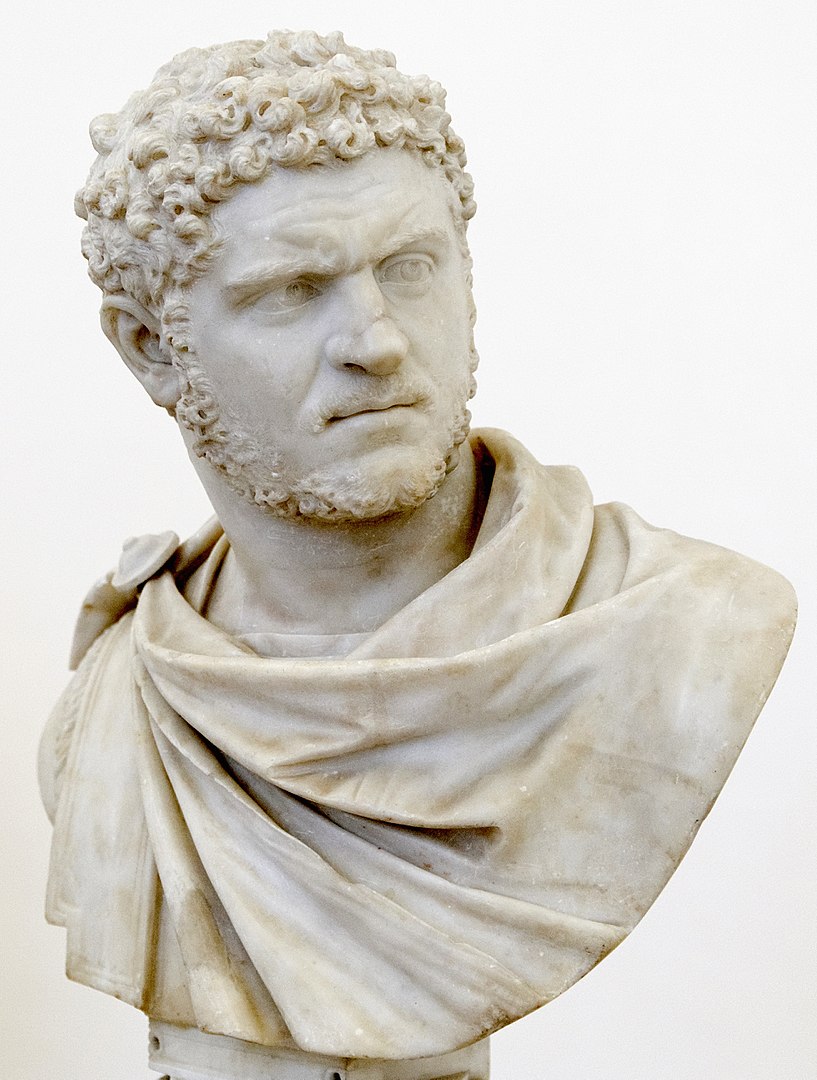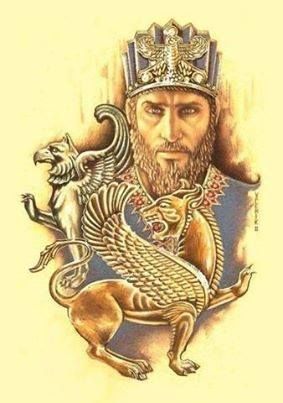Souvenir Sheet: Charles IV, the Holy Roman Emperor and Czech King (Czech Republic 2016)
Charles IV, the Holy Roman Emperor and Czech King (Czech Republic 2016)
04 May (Czech Republic ) within release Charles IV, the Holy Roman Emperor and Czech King goes into circulation Souvenir Sheet Charles IV, the Holy Roman Emperor and Czech King face value 54 Czech koruna
| Souvenir Sheet Charles IV, the Holy Roman Emperor and Czech King in catalogues | |
|---|---|
| Michel: | Mi:CZ BL60II |
Souvenir Sheet is vertical format.
Correct inscription "Karolus Quartus"Also in the issue Charles IV, the Holy Roman Emperor and Czech King:
- Stamp - Charles IV, the Holy Roman Emperor and Czech King face value 54;
- Souvenir Sheet - Charles IV, the Holy Roman Emperor and Czech King face value 54;
- Souvenir Sheet - Charles IV, the Holy Roman Emperor and Czech King face value 54;
Souvenir Sheet Charles IV, the Holy Roman Emperor and Czech King it reflects the thematic directions:
The word emperor (from Latin: imperator, via Old French: empereor) can mean the male ruler of an empire. Empress, the female equivalent, may indicate an emperor's wife (empress consort), mother/grandmother (empress dowager/grand empress dowager), or a woman who rules in her own right and name (empress regnant or suo jure). Emperors are generally recognized to be of the highest monarchic honour and rank, surpassing king. In Europe, the title of Emperor has been used since the Middle Ages, considered in those times equal or almost equal in dignity to that of Pope due to the latter's position as visible head of the Church and spiritual leader of the Catholic part of Western Europe. The emperor of Japan is the only currently reigning monarch whose title is translated into English as "Emperor"
A head of state (or chief of state) is the public persona that officially represents the national unity and legitimacy of a sovereign state. In some countries, the head of state is a ceremonial figurehead with limited or no executive power, while in others, the head of state is also the head of government. In countries with parliamentary governments, the head of state is typically a ceremonial figurehead that does not actually guide day-to-day government activities and may not be empowered to exercise any kind of secular political authority (e.g., Queen Elizabeth II as Head of the Commonwealth). In countries where the head of state is also the head of government, the president serves as both a public figurehead and the actual highest ranking political leader who oversees the executive branch (e.g., the President of the United States).
King is the title given to a male monarch in a variety of contexts. The female equivalent is queen regnant (while the title of queen on its own usually refers to the consort of a king). In the context of prehistory, antiquity and contemporary indigenous peoples, the title may refer to tribal kingship. Germanic kingship is cognate with Indo-European traditions of tribal rulership (c.f. Indic rājan, Gothic reiks, and Old Irish rí, etc.) In the context of classical antiquity, king may translate Latin rex or either Greek archon or basileus. In classical European feudalism, the title of king as the ruler of a kingdom is understood as the highest rank in the feudal order, potentially subject, at least nominally, only to an emperor (harking back to the client kings of the Roman Empire). In a modern context, the title may refer to the ruler of one of a number of modern monarchies (either absolute or constitutional). The title of king is used alongside other titles for monarchs, in the West prince, emperor, archduke, duke or grand duke, in the Middle East sultan or emir; etc. Kings, like other royalty, tend to wear purple because purple was an expensive color to wear in the past.



